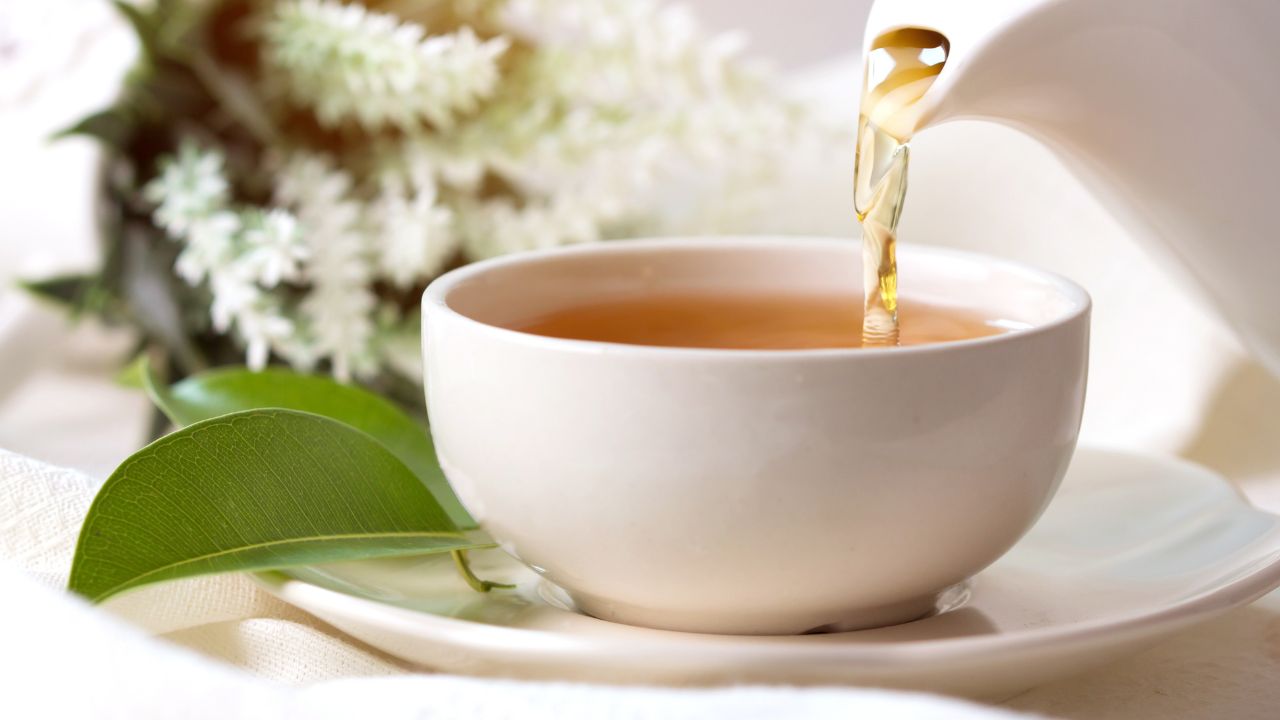White tea is known for its delicate flavor and health benefits, but did you know there’s a difference between fresh and aged varieties?
While both offer unique flavors and properties, the choice between fresh and aged white tea can affect taste, health benefits, and overall tea experience. Let’s dive into the distinctions and benefits of each type of fuding white tea.
Fresh White Tea: Floral, Light, And Highly Beneficial
The youngest tea leaves and buds are often picked in early spring in order to make fresh white tea. Once harvested, the leaves receive very little processing, traditionally by simply withering and drying, thereby keeping their fragile flavors and high antioxidant levels intact. The light, floral, or even somewhat grassy flavor profile of fresh white tea is a unique flavor profile. Here’s what sets it apart:
- Flavor Characteristics: White tea is characterized by a soft, clean taste, with slight hints of floral and grassy notes, and a little bit sweet. Thus it is a good beverage for preference those that favour less severe beverage.
- Antioxidant Properties: White tea has a robust amount of antioxidants, primarily catechins, with minimal processing. And these antioxidants are hailed for the ability to slow the aging effects and reduce inflammation. White tea is very beneficial for health, its flavanoids boost immune system and white tea enhances skin condition.
- Caffeine Levels: Although white tea contains a low caffeine content it is an effective vitalizer and energizer for overall well being.
- Optimal Freshness Period: White tea will taste best and be freshest if consumed within one year of harvest. Unless it is stored correctly in order to maintain its nuances its fine qualities will gradually diminish.
Aged White Tea: Richer Flavor and Unique Health Benefits
White tea, which is intentionally stored for aging, possibly for several years, is called aged white tea. During the aging process, the tea leaves undergo subtle fermentation, which deepens the flavor and adds complexity. This natural transformation changes both the taste and properties of the tea, making aged white tea an entirely unique experience.
- Flavor Profile: Aged white tea tastes richer and more full bodied than its fresh white tea counterpart. Aging process often adds notes of honey, fruit and even spices making the tea a bolder taste with smooth mellow finish. The tea gets more layers of flavor as it ages, which suits those people who like an intricate, nuanced cup.
- Health Benefits: Fresh white tea is prized for its high antioxidant content, but aged white tea comes with its own unique health benefits. Some compounds in the fermentation process turn into anti inflammatory and digestive health. White tea is sometimes used, specially aged, in traditional Chinese medicine to help with digestion and also to relieve cold and sore throat symptoms.
- Lower Caffeine Content: Even less caffeine will be found in aged white tea than young white tea, making it a perfect choice for evenings or for people sensitive to caffeine.
- Shelf Life and Storage: White tea aged for years can be kept for years, but the older it is the more valuable it becomes. Proper storage is crucial. It should be stored in a cool dark and dry place but should be allowed to age in order for flavour and health benefits.
Conclusion
Fresh white tea has a very light and refreshing tasting flavor and a good source of antioxidants so it would be perfect a light health boosting drink. At the same time, aged white tea has a complex, fuller taste, and greater health benefits grown over time. However, no matter what flavor you prefer, between fresh white tea and aged varieties, there’s a white tea for everyone. each variety has something distinct to offer, and there are benefits to trying each one.
